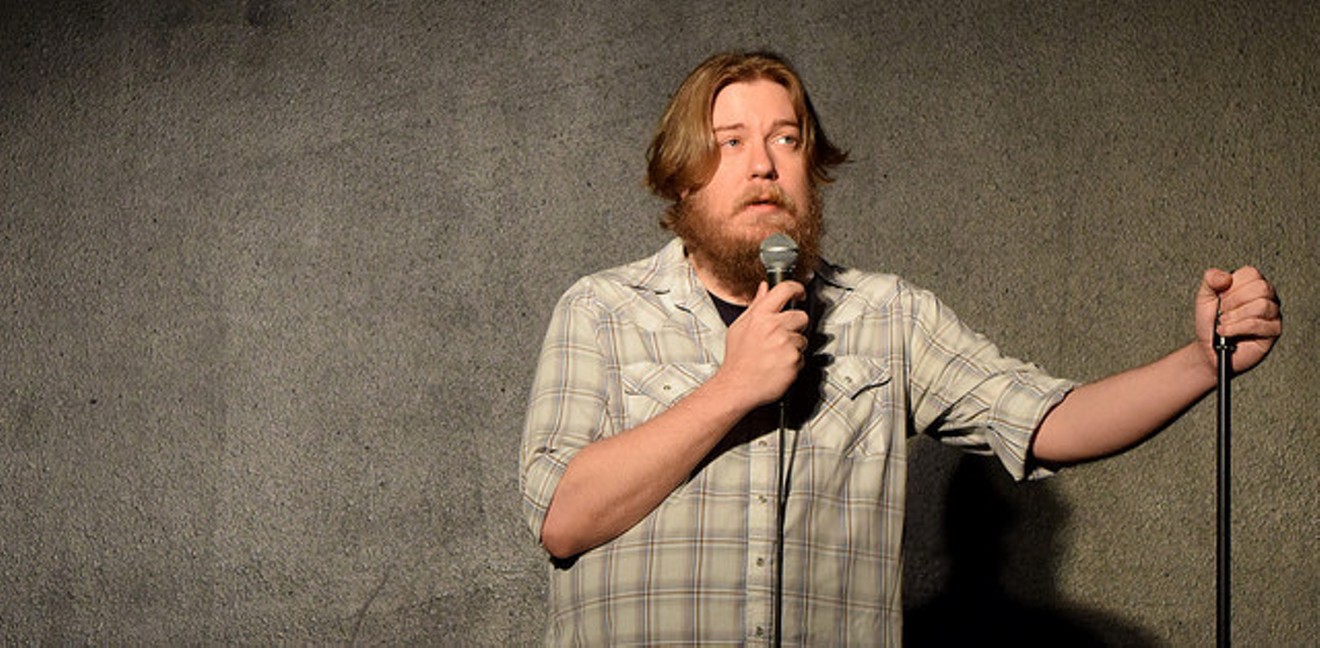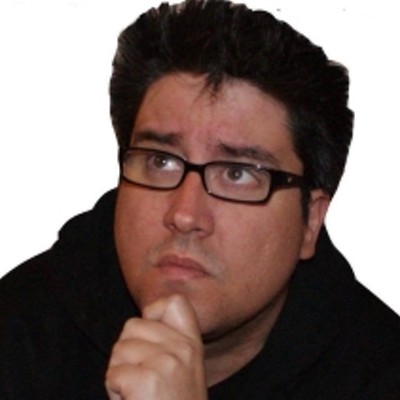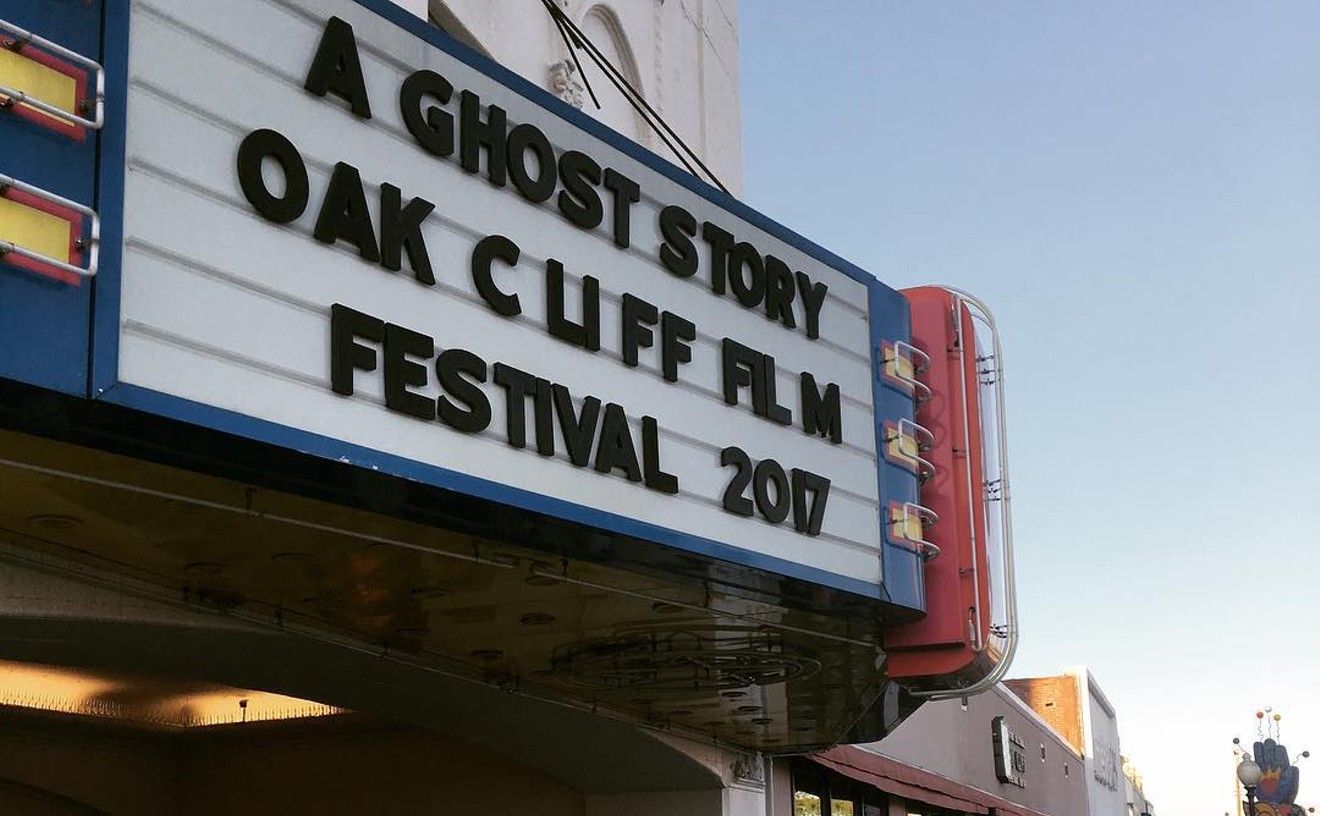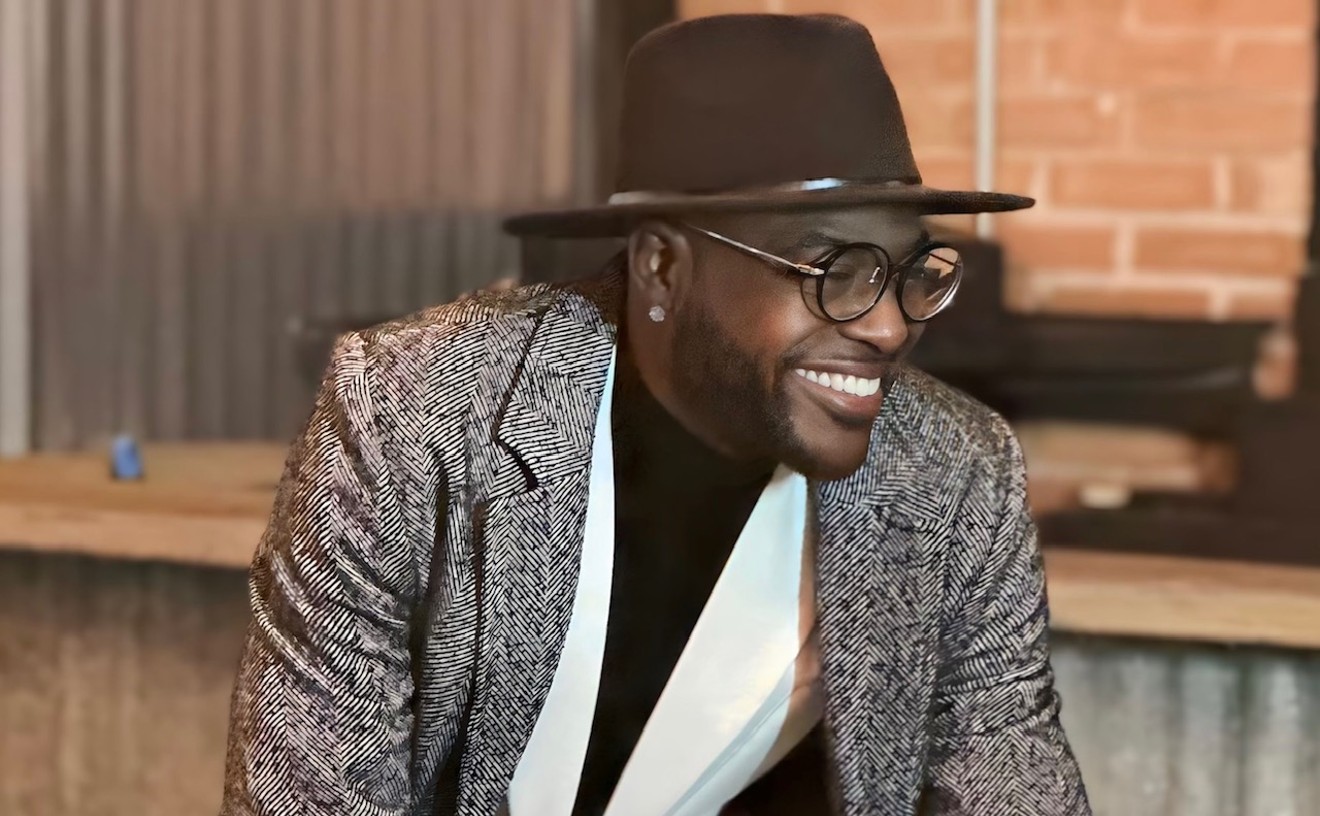"Clint was a guy who played it so cool all the time," says comedian and Dallas Comedy House (DCH) owner Amanda Austin. "He didn't want you to know he cared about comedy or anything else, but he did."
Werth, also known to friends and audiences as "Paco," passed away on Wednesday at the age of 37 after a long bout with cancer. The comedian wielded his talent more like a curse than a holy gift. He had audiences' hearts and minds and appearances on Stand Up Records albums; he produced and regularly appeared on The Pugs and Kelly Show on the now defunct LIVE 105.35 FM and earned accolades from all over the DFW community and beyond.
None of this seemed to matter to Werth, and he made that fact plainly obvious by naming all of his social media channels "ihatecomedy."
"Somehow he convinced you guys, the Dallas Observer, to name him 'funniest comics in Dallas' twice, even though he really didn't like the Dallas Observer," says comedian and friend Paulos Feerow. "He'd openly bust their balls and I think the comics got a kick out of it ... probably his greatest work."
Part of Werth's problem with the publication stemmed from the fact that he wanted everyone else to succeed and felt his peers didn't receive sufficient coverage. He aimed to build a comedy community in a way Dallas never really had until he came along.
"I want to build a comedy culture in Dallas, like the way they cover music and the way they kind of cover art," Werth told the DCH blog in 2015. "They sorta cover comedy."
Despite his miserable exterior, Werth could also be the sweetest curmudgeon in the room, and it shows as tributes and memories of his performances and friendship pour onto social media. Someone started a GoFundMe campaign to raise money as a memorial fund in his name for his fiancée, and it went well over the $8,000 goal in just a few days."There has to be so many friendships that exist in Dallas comedy because of him." – Brad LaCour, on Clint Werth
tweet this
"He was a gruff-looking guy with a big beard and long, blond hair that made people think he was the complete opposite," says comedian Brad LaCour. "He knew a little bit about everything, and so he could have a conversation with anyone in any room. That ability to communicate with everyone led to him introducing so many people to one another that otherwise wouldn't have [met]. There has to be so many friendships that exist in Dallas comedy because of him."
Werth supported his fellow comics by staging shows and open mics and had constant kind words for his fellow comedians. Feerow says Werth introduced him to Amphibian Stage Productions in Fort Worth and to comedian Baron Vaughn, who was doing a residency at the theater, a place where Feerow still produces comedy residencies for other traveling comics.
"He started something, handed it off and then got to work on something else," Feerow says. "A lot of the clubs will only work a certain comic or certain amount or whatever and Clint wasn't afraid to be punk rock and DIY about a show, and he passed that over to a lot of other comics."
For Werth, doing comedy wasn't just about getting on stage. Austin says she recalls some nights when Werth would come to DCH's old Commerce Street location to hang around and joke with people and watch their sets while he never set foot in front of a microphone.
"A lot of nights, he wouldn't even go up," Austin says of Werth. "He'd just hang out and do bar bits with everyone."
The comedian seemed to live to please his friends in and outside of comedy. He loved food and cooking and often made meals for comics and friends. LaCour recalls a favorite memory of Werth giving a box full of Nerf toys to his son along with another special surprise he forgot was in there.
"I didn't realize until a day later, there's a huge machete in the box," LaCour says. "So I'm like, 'Dude, take back your machete, I can't have that around him' and he says, 'No, have him keep it. He'll need it for later.'"
Werth may not have been a headliner or the kind of comic who opens for big names that stop in for shows at the Winspear Opera House or The Majestic; he did his comedy on his terms, and he was really good at it. He tried to help many others find their own stages, and everyone who steps up to a mic in Dallas and performs comedy have Werth to thank for giving them an audience.
"He just wasn't afraid to do his own thing, make his mark regardless of whatever setup or design was built in to 'succeed' in this scene," Feerow says. "And I think it shows. He wasn't a regular opener or feature at most of the big clubs in DFW. He worked them, but he wasn't a main player, and look how many people have been talking about him the last couple of days. It's a testament to his relationships and work ethic."












